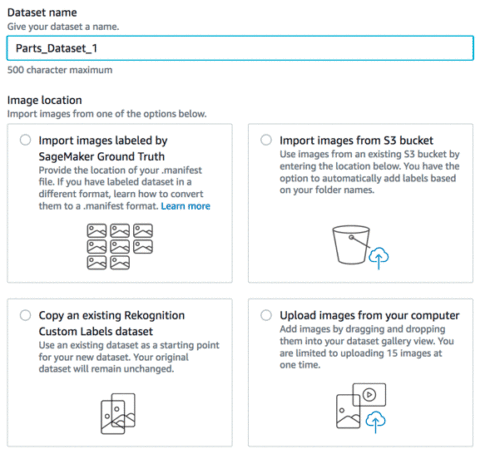
Amazon announced Amazon Rekognition Custom Labels, which enables customers to build specialized ML-based image analysis capabilities that detect objects and scenes integral to their specific use case.
“Instead of having to train a model from scratch, which requires specialized machine learning expertise and millions of high-quality labeled images, customers can now use Amazon Rekognition Custom Labels to achieve state-of-the-art performance for their unique image analysis needs,” Amazon wrote in a post.
For example, users can train models to identify specific machine parts such as turbochargers and torque converters after inputting 10 sample images for each specific part to start.
Scala.js 1.0.0-RC1 released
Scala.js 1.0.0-RC-1 has been released, which drops support for sbt 0.13x and Scala 2.11.{0-11}, adds tweaks in the JSEnv API and the Scala.js linker is now loaded by reflection in the sbt plugin.
At the language level, the only major change is that in Scala.js 1.x, ‘js.Dynamic.global’ and ‘@JSGlobalScope’ objects refer to the global scope of JavaScript, rather than the global object.
The full list of changes in the new release is available here.
Julia 1.3 released
Julia 1.3 has been released with new language features such as support for Unicode 12.1.0, the ability to add methods to an abstract type, support for Unicode bold digits and double-struck digits 0-9 as valid identifiers. Julia is a high-performance, dynamic programming language
Also, the ‘ClangSA.jl’ static analysis package has been imported, which makes use of the clang static analyzer to validate GC invariants in Julia’s C code. The analysis may be run using ‘make -C src analyzegc.’
The full list of changes are available here.
Instana adds Pivotal Container Service support
Instana added Pivotal Container service (PKS) support to manage a broader range of Kubernetes-based applications with a single management tile.
“With the ability to achieve full automated visibility with a single click, the Instana tile gives Operations and Development professionals the observability they need to ensure their applications perform at the highest levels,” said Pete Abrams, Instana co-founder and COO.
PKS users get automatic discovery and monitoring of all Kubernetes nodes, pods and clusters, correlated monitoring and analysis from microservice and end to end tracing of every request.






